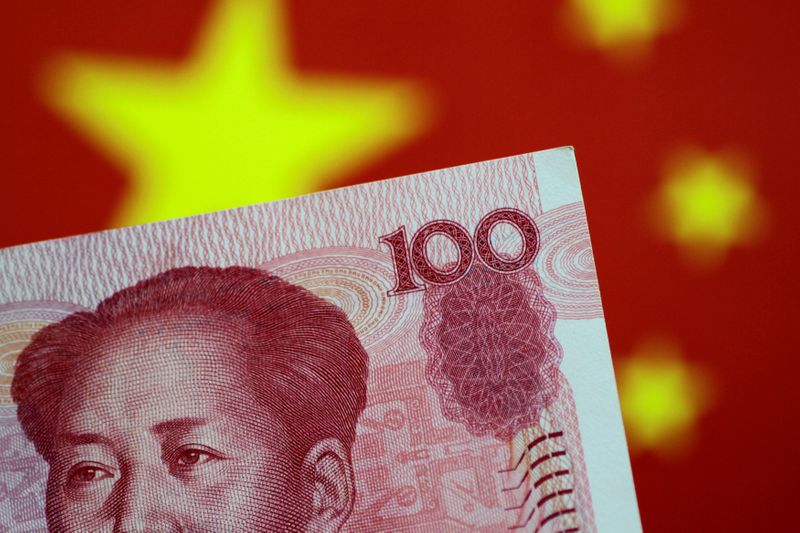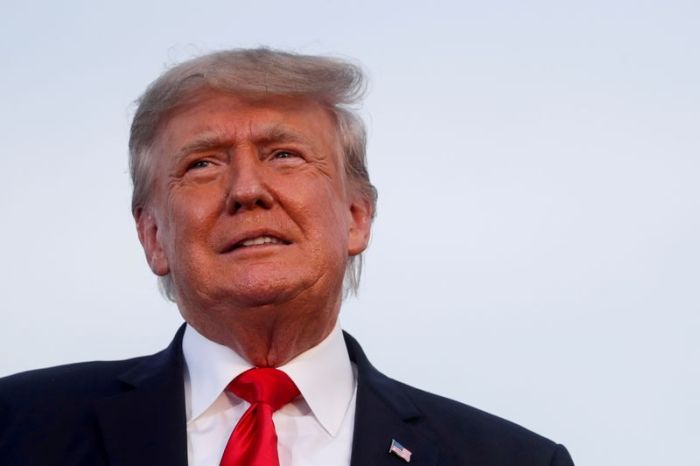BEIJING (Reuters) -China will deepen its loan prime rate (LPR) reforms and gradually make deposit rates more market-driven, vice central bank governor Liu Guoqiang said in remarks published on Friday.
China will improve market-based interest rate formation and transmission mechanism and improve its interest rate corridor mechanism, Liu wrote in China Finance, a publication run by the People’s Bank of China (PBOC).
The PBOC will improve its policy interest rate regime with the seven-day reverse repo rate in open market operations as the short-term policy rate and the medium-term lending facility (MLF) interest rate as the medium-term policy rate, Liu said.
The central bank will also improve its interest rate corridor mechanism, and guide market interest rates to fluctuate around the central bank’s policy interest rate, Liu said.
The LPR is set monthly by 18 banks, who submit a monthly quotation by adding a premium over the MLF rate. The PBOC has kept the benchmark lending rate unchanged for 17 months, but speculation is growing it may cut one of its key rates soon to bolster slowing economic growth.
The weighted average corporate lending rate was at a record low of 4.62% in August, down 0.7 percentage points from July 2019 before the LPR reform, and the decline was greater than the fall in the one-year LPR during the same period, Liu said.
The central bank will improve LPR reforms, improve the quality of quotations from banks, and publish the historical quotation data in a timely way, Liu said.
In August 2019, PBOC overhauled the benchmark lending rate mechanism by using the market-driven LPR to replace the previous benchmark bank lending rate.
In June, China reformed the way banks calculate deposit rates, allowing banks to set ceilings on deposit rates by adding basis points to the benchmark rate, a shift from the previous practice of multiplying the benchmark rate.
Long-term deposit rates have fallen significantly since the reform, and the amount of deposits held by national banks and local banks has remained basically stable, Liu added.
(Reporting by Kevin Yao and Beijing Newsroom; Editing by Christopher Cushing and Kenneth Maxwell)





















